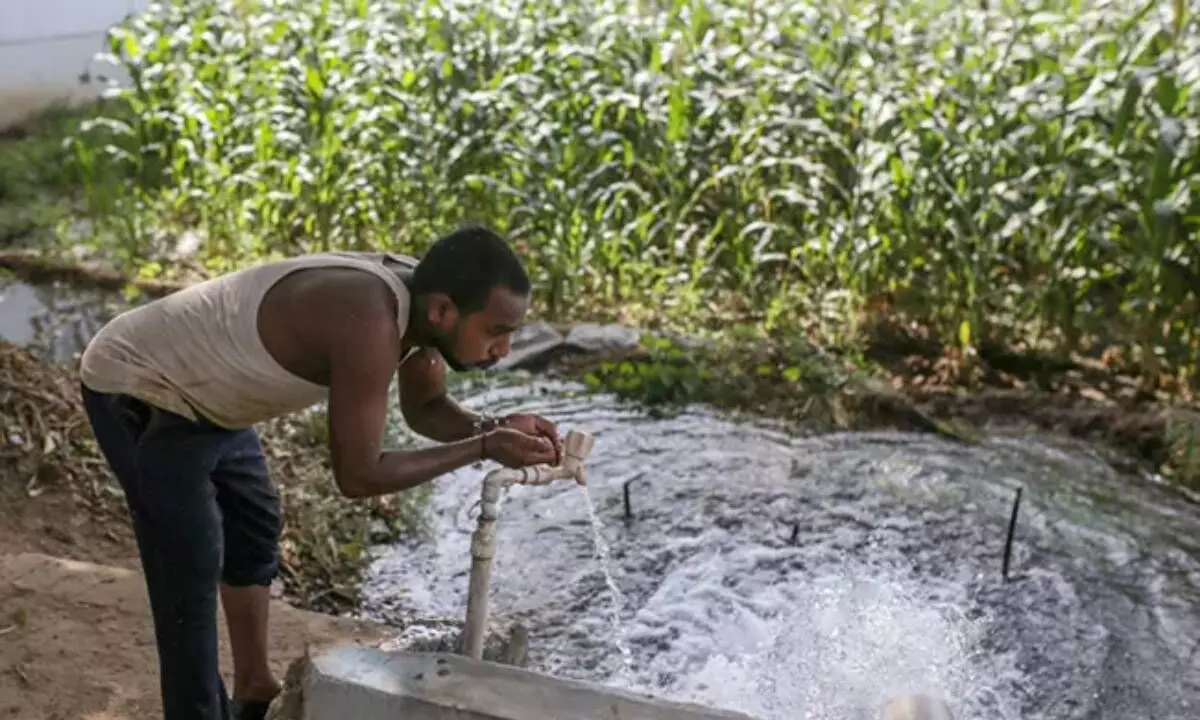India raises alarm on another energy crunch on rising summer heat
Temperatures are already 11C above normal in some regions in the past week and prompted the India Meteorological Department to advise farmers to check wheat and other crops for signs of heat stress.
image for illustrative purpose

Temperatures are already 11C above normal in some regions in the past week and prompted the India Meteorological Department to advise farmers to check wheat and other crops for signs of heat stress.
Elevated temperatures across parts of India have pushed electricity demand to near-record levels in recent weeks, triggering worries about yet another summer squeeze on power supply.
The oddly early onset of hotter weather — and forecasts that power consumption will rise as irrigation pumps and air conditioners are cranked up — is fueling concern that the nation’s energy network will come under new strain, after two successive years of disruptions.
Power stations that use imported coal have already been ordered to operate at full capacity for three months during the summer season to help avoid blackouts, and to ease the pressure on domestic coal supplies. Electricity demand could set a new high of 229 gigawatts in April, according to India’s power ministry.
“The way temperature is rising — it’s quite unusual in February — the situation is becoming a matter of concern for us,” according to Bhanwar Singh Bhati, power minister in the northern state of Rajasthan, where power supplies are already being rationed to homes and farmers. “The electricity demand may rise 20% to 30% compared to last summer. There’s no other option than to cut power supply.”
Rajasthan is among the nation’s hottest provinces and a hub of solar energy, yet can struggle to ensure adequate power supplies during summer months if there are delays receiving coal from mines in other regions.
Coal accounts for more than 70% of electricity generation in India, and stockpiles at power stations are currently well below a target of 45 million tons that the government asked to be met by the end of March.

